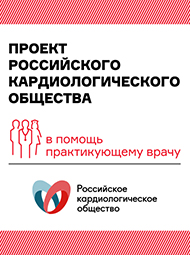Premenstrual syndrome may confer elevated risk for hypertension
Women with moderate-to-severe premenstrual syndrome had a 40% increased risk for hypertension later in life compared with women with few or no menstrual symptoms in a recent study.
Hypertension and premenstrual syndrome (PMS) may share some of the same underlying mechanisms, but it was not known whether women with PMS had a higher risk for hypertension, according to the study background.
Elizabeth R. Bertone-Johnson
Elizabeth R. Bertone-Johnson, ScD, SM, and colleagues analyzed participants from the Nurses’ Health Study II, comparing 1,257 women with clinically significant PMS to 2,463 age-matched controls with few menstrual symptoms. They followed the women for 6 to 20 years until 2011. The primary outcome was incident hypertension.
Bertone-Johnson, associate professor of epidemiology, department of public health, University of Massachusetts, and colleagues found that during the study period, 342 women with PMS developed hypertension, as did 541 controls.
After adjusting for age, smoking, BMI and other hypertension risk factors, they found that women with PMS had elevated risk for development of hypertension (HR = 1.4; 95% CI, 1.2-1.6) compared with controls.
The association was most pronounced among women who developed hypertension at an age younger than 40 years (HR = 3.3; 95% CI, 1.7-6.5; P for interaction = .0002), they found.
The following symptoms of PMS were associated with elevated risk for incident hypertension: nausea (HR = 1.7; 95% CI, 1-2.9), insomnia (HR = 1.6; 95% CI, 1.3-2.1), backache (HR = 1.5; 95% CI, 1.2-1.8), tendency to cry easily (HR = 1.5; 95% CI, 1.2-1.8), swelling of extremities (HR = 1.5; 95% CI, 1.1-1.9) and hot flashes (HR = 1.4; 95% CI, 1-2.2).
Taking oral contraceptives or antidepressants did not affect the risk, but it was attenuated in women taking high amounts of thiamine (HR = 1.1; 95% CI, 0.9-1.4) and riboflavin (P = .03), according to the researchers.
“To my knowledge, this is the first large long-term study to suggest that PMS may
Source: www.healio.com


.jpg)



